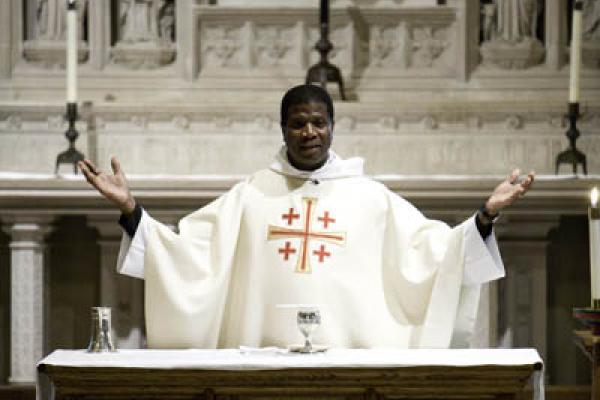Conservative commentators like Rupert Murdoch's stable and Ross Douthat of The New York Times are feasting on what they perceive as the "death" of "liberal Christianity."
They add two and two and get eight. They see decisions they don't like — such as the Episcopal Church's recent endorsement of a rite for blessing same-sex unions. They see declines in church membership. They pounce.
Such "liberal" decisions are destroying the church, they say, and alienating young adults they must reach in order to survive.
Never mind that surveys of young adults in America show attitudes toward sexuality that are far more liberal than those of older generations. Never mind that conservative denominations are also in decline.
Never mind — the most inconvenient truth — that mainline denominations began to decline in 1965, not because of liberal theology, but because the world around them changed and they refused to change with it.
Read the Full Article

